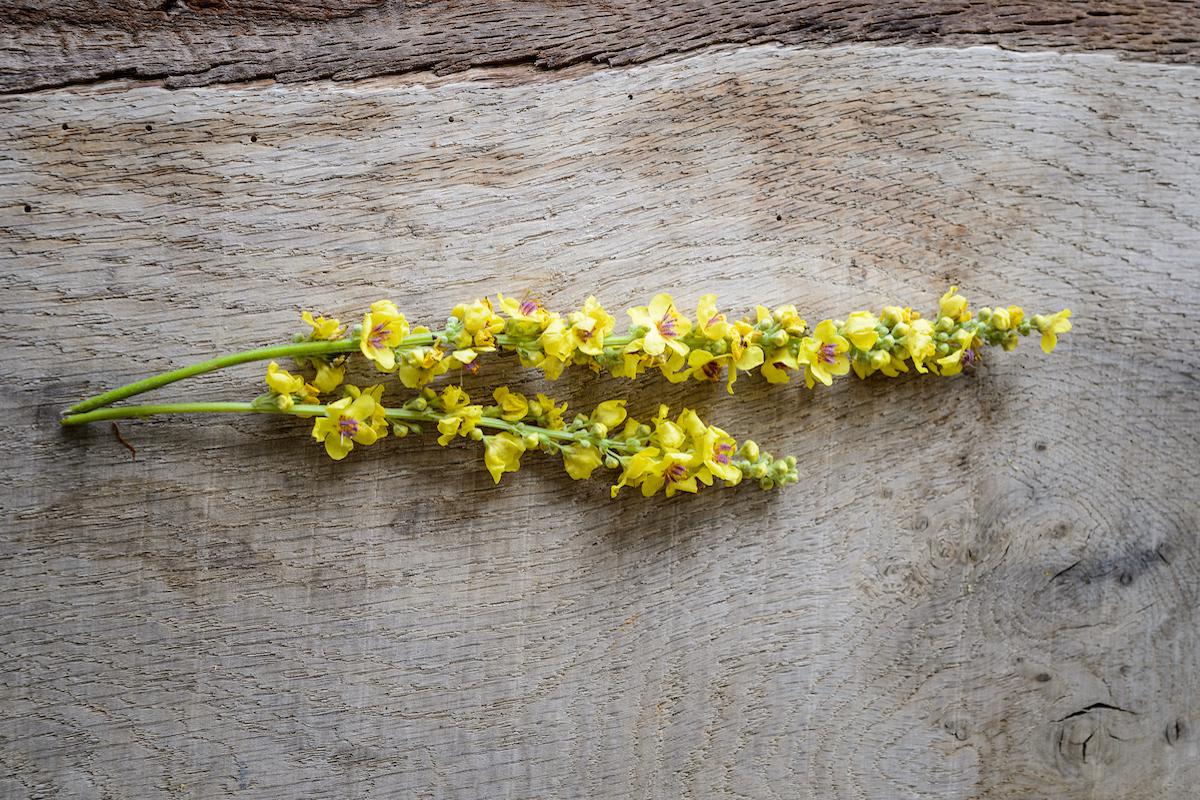17 November 2015
Tips from the herbalist
Tips From Our Herbalist: November 2015
Now is the time for us to prepare for the winter ahead and take herbs with immune boosting properties to help prevent ill health.
The fruits of the autumn harvest and herbs from the summer harvest play an important role at this time of year in supporting the immune system. These herbs can be taken as teas or tinctures, or a combination of both.
Elderflower is a decongestant, diaphoretic, stimulating sweating in the same way as yarrow. It has an astringent effect on the mucus membranes of the nose and throat, reducing the production of catarrh. As an anti inflammatory, elderflower can also help ease asthma attacks whilst having a calming and relaxing effect on the patient. A solution of elderflower tea can help to calm sore and itching eyes and was reported to remove freckles in Victorian times! It makes a lovley skin wash.
Coltsfoot is an effective expectorant herb and can provide relief from dry and unproductive coughs. It has antitussive, anti inflammatory and antispasmodic actions and both leaves and flowers can be used to treat respiratory conditions. It has beneficial indications for supporting asthma and is a popular ingredient in herbal smoking mixtures.
Mullein is a soothing relaxant herb for irritable chest conditions with an antitussive and mild antispasmodic action. It soothes the lungs and restores physical vitality and was used historically to treat TB. As macerated oil it is used to treat ear infections and can also be taken internally to good effect. The ear, nose and throat passages are all connected and earache can be symptomatic of colds and flu.
Lemon Balm is another useful antiviral herb. It is particularly helpful in treating the herpes virus and also acts as a nervine. These actions work in synergy when treating cold sores as they zap the virus itself and when applied externally as a lip salve pain and inflammation is also reduced.
RECIPES
Cough & sore throat syrup
100ml of coltsfoot & mullein tea
100g of local honey (great immune boosting properties and a throat soother)
Put the infusion into a pan and add the honey.
Heat gently and stir until the honey has melted and the mixture thickens.
Once cool stir through 1 part cough remedy to 3 parts of the syrup mixture and bottle.
Take up to 3x5ml daily.
Lemon balm lip salve
4.25g beeswax
25ml lemon balm infused oil
6 drops of lemon balm essential oil
Weigh beeswax and place in a glass jar.
Measure chosen infused oil and add to the beeswax.
Stir thoroughly until all the beeswax is covered in the oil.
Place the jar in the bain marie or slow cooker and keep stirring until the beeswax has melted and incorporated into the infused oil using a gentle heat.
Remove from the heat and carefully add the essential oil.
Decant into a labelled jar.
Always make sure the salve is labelled and kept in a cool dark place.


